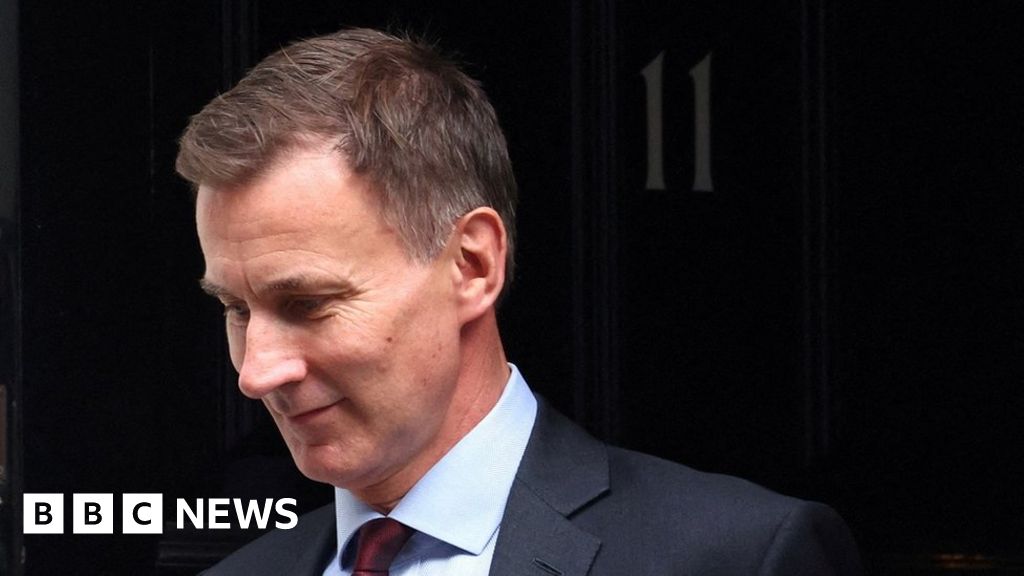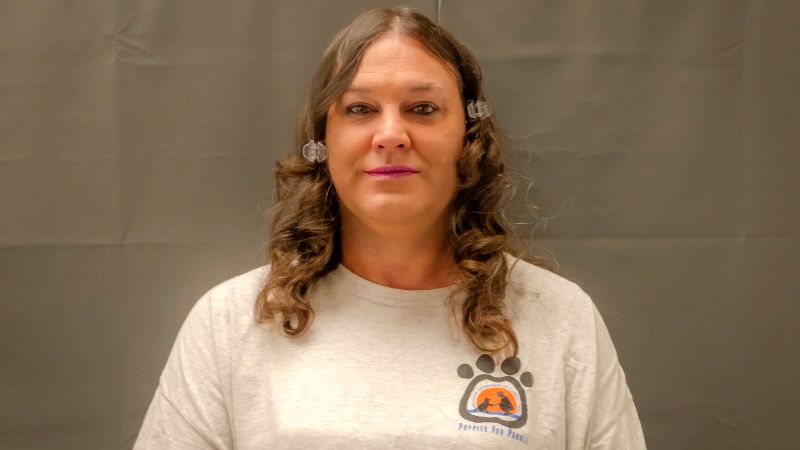The chancellor is considering cutting inheritance and business taxes in next week’s Autumn Statement, the BBC has been told.
It is thought Jeremy Hunt’s decision will depend on the latest predictions from the UK’s main economic forecaster.
A Treasury source said no final decisions had been made, but Mr Hunt refused to rule it out in a BBC interview.
A Treasury source said no final decisions had been made, but Mr Hunt refused to rule it out in a BBC interview.
Businesses in the automotive, aerospace, life sciences and clean energy sectors will be among firms in line to receive government funds where “the UK is or could be world-leading”, Mr Hunt said.
The chancellor was expected to receive the latest economic forecast from the Office of Budget Responsibility (OBR) – a body which assesses the health of the UK’s finances and is independent of the government – on Friday.
While it is understood Mr Hunt will consider tax cuts over the weekend, as first reported by the Financial Times, a Treasury source told the BBC it is possible such policy decisions are delayed until the spring.
Mr Hunt has previously said tax cuts are “virtually impossible” and instead warned of “frankly very difficult decisions” in the Autumn Statement on Wednesday, which is when he will outline the government’s latest tax and spending decisions.
Despite playing down expectations of tax cuts, economists have estimated the chancellor could have more than £10bn to spend on such measures.
The chancellor is considering cutting inheritance and business taxes in next week’s Autumn Statement, the BBC has been told.
A Treasury source said no final decisions had been made, but Mr Hunt refused to rule it out in a BBC interview.
It is thought Jeremy Hunt’s decision will depend on the latest predictions from the UK’s main economic forecaster.
Businesses in the automotive, aerospace, life sciences and clean energy sectors will be among firms in line to receive government funds where “the UK is or could be world-leading”, Mr Hunt said.
A Treasury source said no final decisions had been made, but Mr Hunt refused to rule it out in a BBC interview.
A Treasury source said no final decisions had been made, but Mr Hunt refused to rule it out in a BBC interview.
Businesses in the automotive, aerospace, life sciences and clean energy sectors will be among firms in line to receive government funds where “the UK is or could be world-leading”, Mr Hunt said.
The chancellor was expected to receive the latest economic forecast from the Office of Budget Responsibility (OBR) – a body which assesses the health of the UK’s finances and is independent of the government – on Friday.
While it is understood Mr Hunt will consider tax cuts over the weekend, as first reported by the Financial Times, a Treasury source told the BBC it is possible such policy decisions are delayed until the spring.
Mr Hunt has previously said tax cuts are “virtually impossible” and instead warned of “frankly very difficult decisions” in the Autumn Statement on Wednesday, which is when he will outline the government’s latest tax and spending decisions.
Despite playing down expectations of tax cuts, economists have estimated the chancellor could have more than £10bn to spend on such measures.
#Autumn #Statement #Jeremy #Hunt #cuts #inheritance #tax
Note:- (Not all news on the site expresses the point of view of the site, but we transmit this news automatically and translate it through programmatic technology on the site and not from a human editor. The content is auto-generated from a syndicated feed.))



